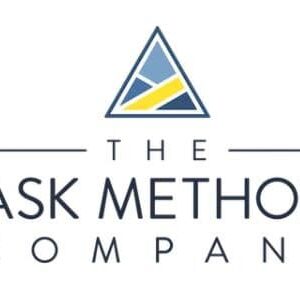TTC Video – International Economic Institutions Globalism vs. Nationalism
Original price was: $999.00.$49.00Current price is: $49.00.
This Course is available for download now. You can contact us for Screenshots or Demo. Access for this course will be sent on google drive. Join our telegram channel to see updates and occasional discounts. If you want to pay through Paypal or Card contact us – On Telegram Click Here or contact on Mail – [email protected]
Description
TTC Video – International Economic Institutions Globalism vs. Nationalism
TTC Video – International Economic Institutions: Globalism vs. Nationalism
Course No. 5405 | .MP4, AVC, 700 kbps, 856×480 | English, AAC, 128 kbps, 2 Ch | 24×30 mins | + PDF Guidebook | 4.33 GB Lecturer: Ramon P.
DeGennaro, Ph.D.
The philosopher George Santayana famously said, “Those who cannot remeMB er the past are condemned to repeat it.”
How this course will help you
To see how economic mistakes can repeat time and again, you need look no further than recent history.
The Great Depression was the result of a coMB ination of protectionism,
populism, and nationalism that coMB ined with bad government policy to make a toxic brew that mired the
U.S. and much of the world in an economic downturn for nearly a decade, with effects comparable to a major war.
Less than a century later, the Great Recession of 2007-2008 brought a repeat of the financial devastation of its precursor,
even if some of the circumstances leading to it had changed with the times.
Similar events can be traced throughout other parts of the world, as exemplified by the
Greek debt crisis that resulted when the nation gave up the
ability to set its own monetary policy as it joined other nations linked by the euro as common currency.
How this course will help you
This video examines the impact of economic policies on national
and global economies through the lens of history. It covers topics such as protectionism, populism, nationalism and monetary policy.
In this lecture, Professor Diana Carew takes a look at international economic institutions and
how they contribute, or don’t contribute, to the success of globalism in the economy.
In particular, she focuses on two major policy mistakes made during the
Great Depression and Great Recession that mimic one another with alarming parallels.
She also illustrates how these events have important consequences for future progress in the globalized economy.
Join the Great Courses as we explore the international forces, economic institutions,
and policies that have shaped the world we live in today. By understanding lessons from history,
How this course will help you
you’ll be better prepared for whatever economic challenges may lie ahead.
The Globalist vs. Nationalist video describes the economic trends that have led to the current situation, including protectionism and populism.
It demonstrates how those actions can lead to political and economic collapse of a nation.
The video shows how the current global financial system wasn’t necessarily inevitable, but is instead an artifact of history.
The global economy is a complex and interconnected system.
It can be difficult to understand how policies in one country impact other countries, let alone the implications for individual nations.
How this course will help you
In this video, we explore how international institutions and organizations connect countries around the world and its relationship to globalization.
If you’ve ever wondered how different countries, governments and people interact and influence each other,
this video is for you. It covers one of the most influential topics of our time: globalization.
Learn about its origins, its main criticisms, why nations choose to become more open for trade, what the pros and cons of globalization are,
if there are alternative ways to achieve the same goals without opening up borders.




